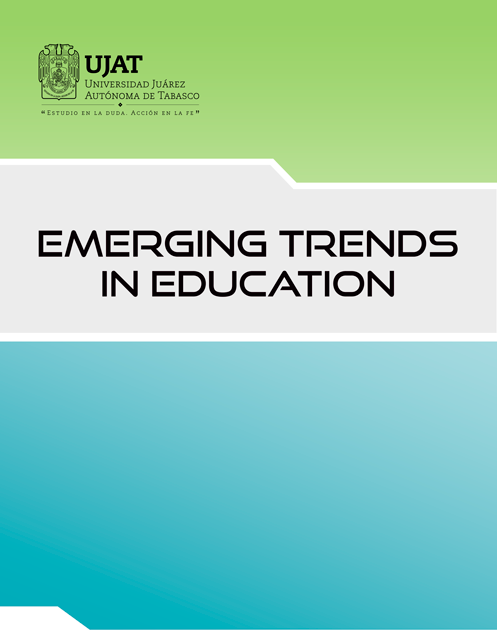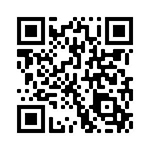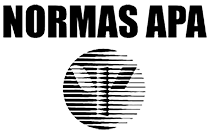The professionalization of teaching practices from the teaching philosophy
DOI:
https://doi.org/10.19136/etie.a6n12.5955Keywords:
teacher professionalization, teaching philosophies, learning theoriesAbstract
The professionalization of teaching practices is a priority issue for society, since the quality of the educational service offered to students depends on it. There have been various proposals to advance in this area, for example, cascade training, courses, evaluation systems, etc. However, there is still much to do, according to (Coppola 2002) one way to professionalize the teacher is through his teaching philosophy where he expresses how he believes his students learn a subject, which implies a reflective exercise that requires accompaniment. But how the teacher learns to teach, in this research 19 teaching philosophies of primary school teachers enrolled in a master's program were analyzed to identify the learning theory in which their teaching practices were located. The methodological proposal consisted of a content analysis to code them, then analyze them from a methodical reading and interpret them from the learning theories of (Pozo, 2006). The results show that the methodological proposal allows to identify the learning theory where the teacher is, the finding is that teachers can find themselves in evolution migrating from one theory to another.
References
Anderson, R. & Mitchener, C. (1994). Research in Science Teacher Education. En D.L. Gabel (ed.), Handbook of Research on Science Teaching and Learning, (pp. 3-44). Mcmillan.
Bardin, L. (2013) L’analyse de contenu. PUF.
Boye, A. (2012). writing your teaching philosophy. Retrieved on from.
Bruner, J. (1997). La educación: puerta de la cultura. Editorial Machado.
Colomo, E. y Gabarda, V. (2019). ¿Qué tipo de Docentes Tutorizan las Prácticas de los Futuros Maestros de Primaria? REICE. Revista Iberoamericana sobre Calidad, Eficacia y Cambio en Educación, 17(3), 59-78. hhttps://doi.org/gpzsxm
Coll, C. (1990). Aprendizaje escolar y construcción del conocimiento. Paidós Educador.
Coppola, B. (2002). Writing a statement of teaching philosophy: Fashioning a framework for your classroom. Journal of the College of Science Teaching 31.7, 448-453. Retrieved from.
Del Valle, M. y Castro, M. (2015). Interdisciplinariedad, investigación-acción y trabajo colaborativo en el aprendizaje del inglés técnico. Multiciencias, 15 (2), 210-218 https://bit.ly/2t73j17
Dewey, J. (1967). Experiencia y Educación. Biblioteca Nueva
García, E. (2017). El portafolio como metodología de enseñanza-aprendizaje y evaluación en el practicum: Percepciones de los estudiantes. REDU. Revista de Docencia Universitaria, 15(1), 241-257. https://doi.org/k9td
Gutiérrez, P. y Castro, M. (2018). El aprendizaje entre iguales como metodología de trabajo para la inclusión educativa. Experiencia docente en la escuela de Extremadura. Revista de Investigación en Educación, 16(1), 78-92 https://bit.ly/30kKeVe
Monereo, C. (2010). La formación del profesorado, una pauta para el análisis e intervención a través de incidentes críticos. Revista Iberoamericana de Educación, 52, 149- 178. https://doi.org/k9tf
Navarro, E. (coord.) (2017). Fundamentos de la investigación y la innovación educativa. Universidad Internacional de la Rioja.
Ñaupas, H., Valdivia, M., Mejía Palacios, J. y Romero, H. Metodología de la investigación cuantitativa – cualitativa y redacción de la tesis. Ediciones de la U.
Porlán, R. (1993). Constructivismo y Escuela. Hacia un modelo de enseñanza-aprendizaje basado en la investigación. Díada.
Pozo, J. (2006). Nuevas formas de pensar la enseñanza y el aprendizaje: las concepciones de profesores y alumnos. Graó.
Stenhouse, L. (1993). La investigación como base de la enseñanza. Ediciones Morata.
Valle, J. y Manso, J. (2018). El practicum en la formación inicial: Aportaciones del modelo 9:20 de competencias docentes. Cuadernos de Pedagogía, 489 (2018): 1-5 https://acortar.link/vjG0nn
Downloads
Published
Issue
Section
License
Copyright (c) 2024 Emerging Trends in Education

This work is licensed under a Creative Commons Attribution-NonCommercial-NoDerivatives 4.0 International License.





























